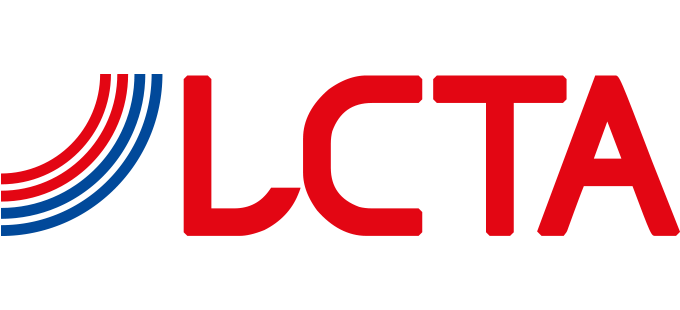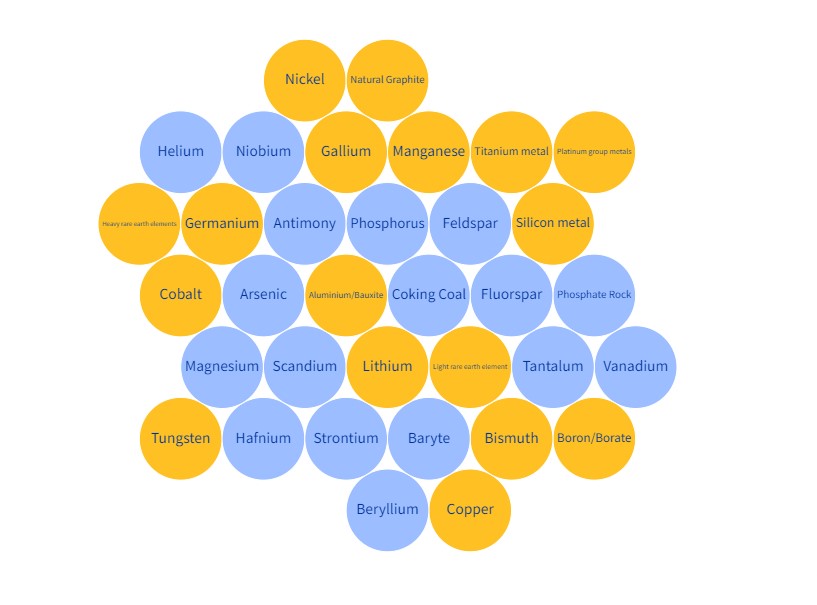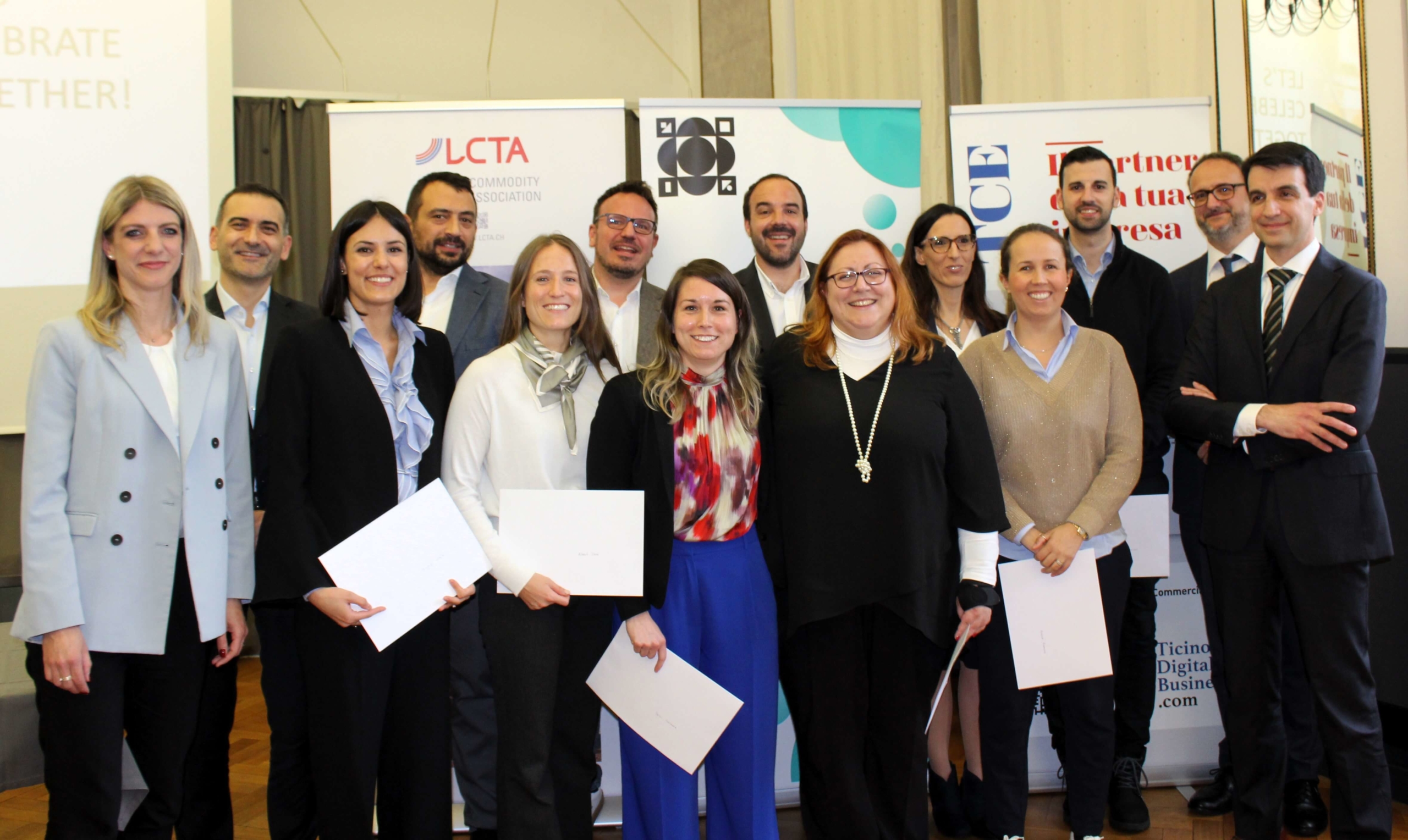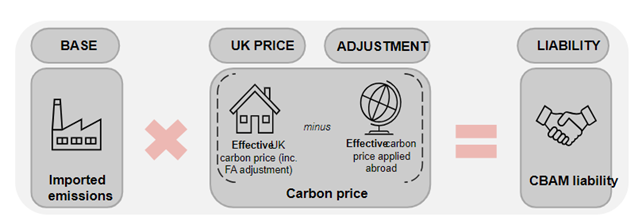
Intervista ad Anna Borschchevskaya, membro senior, The Washington Institute for Near East Policy, USA, da parte di Dimitri Loringett
La posizione strategica del Medio Oriente, al crocevia tra Europa, Asia e Africa, lo rende uno snodo vitale per il commercio globale, specie per i trasporti marittimi. Il perdurare della guerra di Israele contro Hamas nella Striscia di Gaza e ora quello paventato contro gli Hezbollah in Libano preoccupa molto anche il settore del commercio di materie prime, in Ticino rappresentato dalla Lugano Commodity Trading Association. In vista della Global Commodities Conference, che si terrà il prossimo 2 luglio al LAC, abbiamo parlato con la studiosa di politica estera Anna Borschchevskaya, esperta soprattutto di Russia e del suo ruolo in Medio Oriente.
Parte della conferenza di Lugano è dedicata alla situazione in Medio Oriente, dove lo scoppio della guerra a Gaza ha nuovamente allarmato il mondo del commercio globale per le possibili conseguenze di un’altra situazione di crisi. Quali?
«Nel complesso, la regione sta attraversando un periodo turbolento ed è improbabile che le cose cambino presto, quindi è importante prepararsi a una situazione di instabilità di lungo periodo. Questa regione si trova in corrispondenza di nodi strategici che hanno un impatto sul commercio marittimo. Si pensi per esempio a come i ribelli yemeniti Houthi nel Mar Rosso riescano, con il lancio di droni “economici”, a indurre gli Stati Uniti a reagire con l’utilizzo di armamenti più costosi. È probabile che altri avversari dell’Occidente possano prendere esempio dagli Houthi e trovare il modo di perturbare i commerci marittimi con simili approcci “a basso costo” per raggiungere i propri obiettivi strategici, che probabilmente includono ulteriori azioni per indebolire gli Stati Uniti e i loro alleati. Anche la Russia è presente nella regione, con la sua cosiddetta «flotta fantasma» che continua a trasportare petrolio in queste acque, seppur con rischi accresciuti. Queste navi, infatti, non sono coperte da assicurazione, il che fa aumentare considerevolmente i rischi associati al loro utilizzo».
Gli Stati Uniti sono chiamati a «risolvere» la complessa e fragile situazione in Medio Oriente, ma la loro influenza e ruolo di «polizia del mondo» sembrano diminuire. D’altra parte, nella regione ci sono interessi anche di altre potenze globali, tra cui quelli della Russia che, tuttavia, non è coinvolta nei negoziati per il cessate il fuoco a Gaza. Mosca potrebbe fare di più (o qualcosa) per contribuire a stemperare le tensioni?
«Che l’influenza degli Stati Uniti sia in declino oppure no, Putin vuole cambiare l’ordine mondiale rafforzando il potere e l’influenza russa per indebolire l’Occidente. La Russia di Putin ha sempre visto il Medio Oriente come un campo per competere con l’Occidente. Infatti, l’intervento militare di Mosca in Siria alla fine del 2015 ha rappresentato una sfida all’ordine mondiale liberale. La Russia mira a un mondo multipolare e ha usato il Medio Oriente per raggiungere tale obiettivo. Per anni la Russia si è posizionata come mediatore nella regione, come qualcuno in grado di parlare con tutte le parti. Ma in realtà si è sempre avvicinata alle forze antiamericane della regione, ovvero l’Iran e i suoi alleati insieme al regime di Assad. La risposta della Russia al 7 ottobre, tuttavia, ha segnato una rottura con questo approccio. Putin ha dimostrato di non essere amico di Israele. Non ha condannato direttamente Hamas, anche se sono stati uccisi cittadini russi. Al contrario, Putin ha incolpato gli Stati Uniti per i problemi nella Striscia. La Russia ha anche sfruttato il caos che ne è derivato a suo vantaggio e ha lavorato per intensificarlo ulteriormente, perché ne trae vantaggio su più fronti, tra cui quello di distogliere l’attenzione dell’Occidente dall’Ucraina. La Russia era anche amareggiata per gli sforzi di normalizzazione in corso tra mondo arabo e Israele, perché erano stati negoziati dagli Stati Uniti. La Russia è stata contenta di vedere questo accordo messo in pericolo e ha lavorato per alimentare il sentimento antisraeliano nel mondo arabo. In questo contesto è difficile capire quale ruolo positivo possa svolgere la Russia per contribuire a risolvere la guerra israelo-palestinese. Israele a questo punto, vista la risposta della Russia al 7 ottobre, è improbabile che veda Mosca come un mediatore neutrale, ma lo scopo di qualsiasi mediazione russa non è quello di arrivare a una vera risoluzione. Non ha la capacità né il desiderio di trovarla».
L’Iran è il nemico dichiarato di Israele ed è anche un alleato strategico della Russia. Cosa significa questa alleanza per la (in)stabilità della regione del Medio Oriente?
«La Russia trae vantaggio dal perpetuarsi di un conflitto a bassa intensità. Per la prima volta nella storia tra i due Paesi, la Russia si trova a dipendere dall’Iran, in particolare dai droni iraniani, che la Russia utilizza per gli attacchi contro obiettivi ucraini. Ciò significa che il partenariato strategico con l’Iran non solo si approfondirà, ma la Russia probabilmente si spingerà oltre rispetto a quanto avrebbe fatto prima dell’invasione dell’Ucraina. Ciò significa che Russia e Iran insieme probabilmente coopereranno maggiormente per alimentare le tensioni e il caos nella regione, a scapito degli interessi occidentali».
Quanto è alto il rischio di una guerra che si estenda al Golfo Persico?
«La guerra è destabilizzante a prescindere. Quindi, anche se c’è sempre un rischio, un Paese di solito preferisce limitare la guerra. Questo è vero in generale, come lo è per la guerra della Russia contro l’Ucraina, almeno in questo momento. La Russia preferirebbe infatti non combattere una guerra diretta con la NATO o gli Stati Uniti. Riguardo all’Iran, non sembra che Teheran voglia una guerra su larga scala ma piuttosto un conflitto continuo. È infatti più facile gestire un conflitto a bassa intensità rispetto a uno su larga scala – cosa che preferirebbe anche la Russia, dato che non vorrebbe essere messa nella condizione di dover impegnare oltre misura le risorse di cui ha bisogno per combattere la guerra in Ucraina».
A proposito di Ucraina: al di là della propaganda e delle accuse dell’Occidente, quanto è reale la minaccia che la Russia estenda la sua azione militare oltre la Crimea e gli altri territori dell’Ucraina orientale che ha occupato?
«Innanzitutto, vorrei dire che sono gli stessi funzionari russi ad aver chiarito che i loro obiettivi finali vanno oltre l’Ucraina. Anche le loro attività di destabilizzazione in Moldavia, Georgia e nei confronti dei membri della NATO sollevano legittime preoccupazioni. Inoltre, la Bielorussia è ufficiosamente coinvolta da molto tempo. Le minacce nucleari hanno anche lo scopo di dissuadere l’Occidente da ulteriori azioni. Putin presenta la guerra come una battaglia esistenziale in cui l’Occidente avrebbe attaccato la Russia usando l’Ucraina. Dal punto di vista del Cremlino, quindi, si tratta di una battaglia globale. È certamente possibile che se Putin ritiene che la guerra stia andando male possa diventare più aggressivo come parte della gestione dell’escalation, per spostarsi in altri Paesi».
È davvero nell’interesse dell’Occidente avere la Russia come nemico?
«È la Russia che vede l’Occidente come un nemico. L’Occidente, al contrario, per anni ha adottato misure per integrare la Russia, per rispondere alle sue preoccupazioni e ha chiuso gli occhi di fronte al suo comportamento aggressivo. Per esempio, la NATO aveva istituito uno speciale Consiglio Russia-NATO proprio per includere Mosca nelle discussioni sull’allargamento della NATO. Putin, da parte sua, non ha mai pagato un prezzo per la sua aggressività, dalla Georgia nel 2008, alla Crimea nel 2014, alla Siria nel 2015. Questi passi lo hanno portato a concludere che l’Occidente è debole e non si opporrà a ulteriori aggressioni. Putin sta combattendo una guerra con l’Occidente da anni. Non si tratta di una guerra convenzionale diretta, ma comunque di una guerra. Ci è voluta l’invasione dell’Ucraina perché l’Occidente iniziasse a riconoscerlo e a rivalutare i suoi presupposti fondamentali sulla Russia».
È lecito affermare che, una volta cessati i combattimenti e qualunque sia l’esito del conflitto (che, come sostengono molti analisti, non avrà né un vincitore né un vinto), la frattura tra Occidente e Oriente è così profonda che ci vorrà almeno una generazione per cambiare la narrazione e recuperare la fiducia tra i due blocchi?
«La Russia non ha mai fatto i conti con l’Holodomor (la carestia provocata per mano dell’uomo in Ucraina che causò diversi milioni di morti dal 1932 al 1933, ndr). Ciò che sappiamo dalla storia della Seconda guerra mondiale è quanto sia difficile far accettare a un Paese di aver perpetrato un genocidio. Nel caso della Germania, ci sono voluti non solo la perdita della guerra, ma anche molti anni di occupazione americana. Non sappiamo come finirà la guerra e quando, ma è lecito pensare che fino a quando la Russia non farà i conti con il suo passato, ci vorrà molto più di una generazione per superare questa enorme frattura».
Articolo pubblicato inizialmente sul Corriere del Ticino, 28.06.2024























